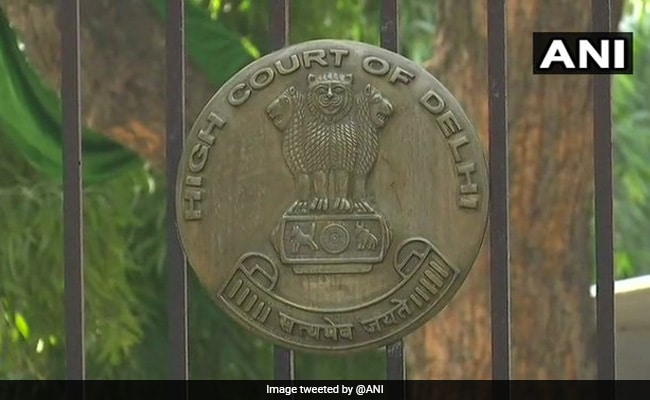The higher court upheld the decision of the court of first instance to grant interim maintenance in the case (file)
New Delhi:
The Delhi Supreme Court has ruled that earning capacity is not a reason to deny interim maintenance to an estranged wife, as wives often sacrifice careers just for the family.
Judge Subramonium Prasad, who was dealing with a man’s contestation of a court order granting his defendant wife of Rs 33,000 as provisional maintenance under Section 125 of the Code of Criminal Procedure, stated that the purpose of the provision was to admit the vagrancy and destitution of a deserter prevent woman and bring down her anguish and financial suffering.
The judge rejected the petitioner’s allegation that his wife was employable due to her previous employment as a teacher, saying: “The fact that the defendant is employable is also no reason to refuse the defendant an advance maintenance allowance for wives only to sacrifice their careers the family. “The court also rejected the husband’s claim that the maintenance claim as an army officer had to be decided by the armed tribunal according to army regulations.
“It cannot be said that the Army Ordinance would override the provisions of Section 125 CrPC and that Army personnel are only covered by the Army Ordinance and that Section 125 CrPC would not apply to Army personnel,” the court said in its 12/21 order .
Although the court upheld the decision of the court of first instance to grant provisional maintenance, it reduced the amount granted to the wife because the children no longer lived with her.
“The revision request is partially approved. The petitioner is instructed to pay the defendant from 01/01/2017 an amount of 14,615 rupees per month as interim maintenance ”, ordered the court. “The material on file shows that the children have been with the petitioner since 2015 and that the defendant is therefore not entitled to two shares. The defendant is therefore only entitled to one share, ”said the court. The petitioner challenged the granting of the provisional maintenance on the grounds that the defendant was excluded from receiving this benefit because she was in an adulterous relationship and was living in adultery with his army senior officer.
The defendant argued that there was no frailty in the court order granting alimony of rupees 35,300, claiming that the petitioner could not shirk his responsibility even though their marriage broke up.
She alleged that the petitioner was a ruthless spouse who neglected her and the children throughout the marriage and when she decided to live apart he made savage charges of adultery in order not to pay her child support.
The court said the issue of adultery could not be settled until after both parties had provided evidence and at the time of the determination of the provisional maintenance it was unwilling to address it.
(Except for the headline, this story has not been edited by NDTV staff and will be posted via a syndicated feed.)


Comments are closed.